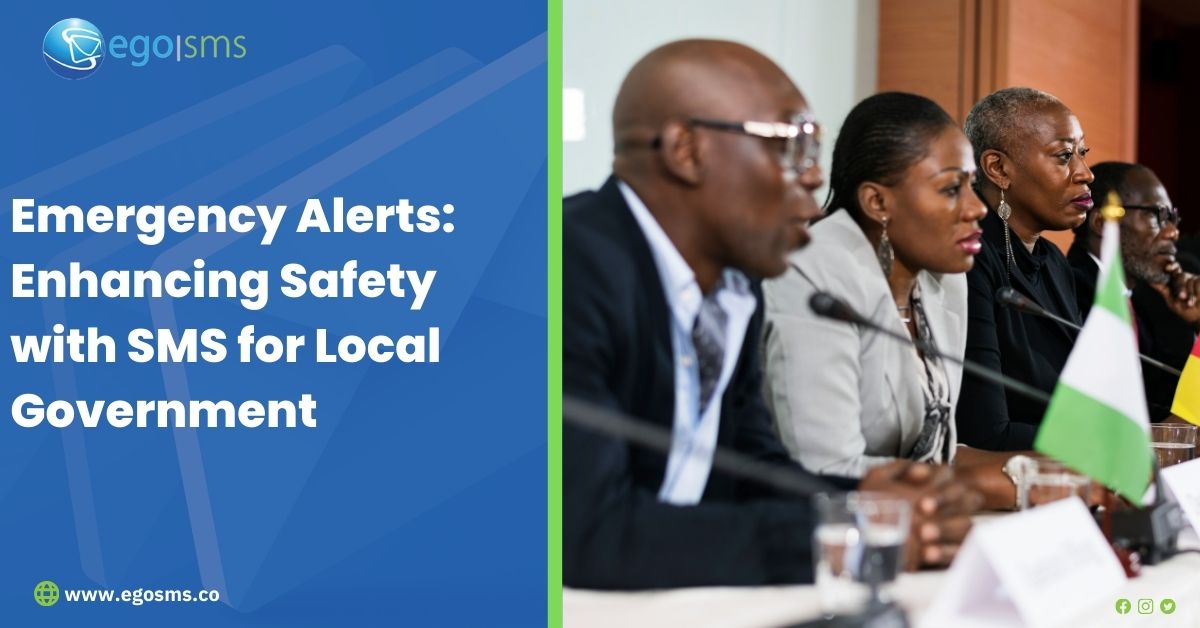
Effective communication at the local government level in Uganda is essential for transparency, public engagement, and the delivery of services.
Here are some key considerations for enhancing communication in Ugandan local government:
- Local Language Use: In Uganda, where there is linguistic diversity, it’s crucial to communicate in local languages to ensure that information is accessible to all citizens. Local government officials should be proficient in these languages and use them in official communication.
- Transparency: Ensure that local government activities, budgets, and decisions are transparent. Citizens should have access to information about government operations, spending, and development projects.
- Citizen Engagement: Actively involve citizens in decision-making processes. Use public consultations, meetings, and feedback mechanisms to gather input and concerns from the community.
- Community Radio: Utilize community radio stations to broadcast important information, government updates, and community news. These stations are essential for reaching rural and remote areas.
- Mobile Technology: Recognize the increasing use of mobile phones in Uganda. Consider using SMS, mobile apps, and mobile money services to disseminate information, collect feedback, and provide services.
- Government Websites: Maintain up-to-date and user-friendly government websites that provide information on services, policies, and local news. Make sure they are accessible and available in local languages.
- Local Information Centers: Establish local information centres where citizens can obtain information, access government services, and seek assistance from government officials.
- Training and Capacity Building: Invest in training and capacity building for government officials in effective communication and public relations. They should be able to represent the government professionally and communicate its actions and policies clearly.
- Public Awareness Campaigns: Create public awareness campaigns on various issues, such as health, education, and sanitation. Use various media to educate the public about important topics.
- Emergency Communication: Develop robust emergency communication systems to disseminate alerts and information during crises. This may include SMS alerts, radio announcements, and community messaging.
- Feedback Mechanisms: Implement mechanisms for citizens to provide feedback, report issues, and seek assistance from local authorities. Ensure that these channels are responsive and accessible.
- Data Collection and Analysis: Use data collection and analysis to understand the needs and concerns of the local population better. This can inform policy decisions and service delivery.
- Collaboration: Collaborate with civil society organizations, NGOs, and other stakeholders to amplify the impact of communication efforts and address community issues more effectively.
Effective communication in Ugandan local government is not only about conveying information but also about building trust, engaging citizens, and fostering a sense of ownership among the local population. It is a critical component of good governance and community development. Emergency alerts are a crucial component of public safety, and they can be enhanced by using SMS (Short Message Service) for local government in Uganda, as in many other parts of the world. Here are some key points on how SMS can be used to improve emergency alert systems:
- Wide Reach: SMS messages have a broad reach as almost everyone with a mobile phone can receive text messages. This makes it an effective way to disseminate emergency information quickly to a large population, including those in remote or rural areas.
- Instantaneous Communication: SMS messages are delivered almost instantly, ensuring that important information reaches people promptly. In emergencies, time is critical, and SMS can help provide rapid notifications.
- Cost-Effective: SMS is a cost-effective means of communication compared to traditional methods like printed flyers or billboards. It can save local governments money while increasing their outreach.
- Customization: SMS alerts can be tailored to the specific needs of a region or community. Messages can be sent in multiple languages to ensure that the information is accessible to a diverse population.
- Two-Way Communication: SMS allows for two-way communication. People can reply to messages with questions or requests for assistance, enabling authorities to gather real-time feedback and respond to specific needs.
- Geotargeting: SMS platforms can use geolocation data to target messages to specific geographic areas. This is especially useful for notifying people in a particular area about localized emergencies, such as floods or wildfires.
- Integration with Other Systems: SMS systems can be integrated with other emergency alert mechanisms, such as Government systems, Monitoring and evaluation systems to ensure a comprehensive approach to alerting the public.
- Education and Preparedness: SMS can be used not only for immediate alerts but also for educational campaigns on emergency preparedness. Local governments can send tips and information on how to respond to different emergency situations.
- Privacy and Security: Privacy and security are paramount in emergency alerts. SMS can be a secure and reliable channel for sharing sensitive information while ensuring that recipients’ data is protected.
- Accessibility: SMS is accessible to individuals with disabilities, ensuring that emergency information is available to everyone, including those with hearing or visual impairments.
- Multiple Use Cases: SMS can be used for a wide range of emergency alerts, including natural disasters, public health crises, missing persons, and security threats. It’s a versatile tool for different types of emergencies.
To implement an effective SMS-based emergency alert system in Uganda and Africa, local governments should consider partnering with SMS providers, ensuring infrastructure supports the timely delivery of messages, and developing clear and standardized protocols for message content and dissemination. Moreover, public awareness campaigns can educate the population on how to receive and respond to emergency SMS alerts. Overall, SMS can be a valuable tool for enhancing safety and emergency communication in Uganda and Africa, where mobile phones are widely accessible.

